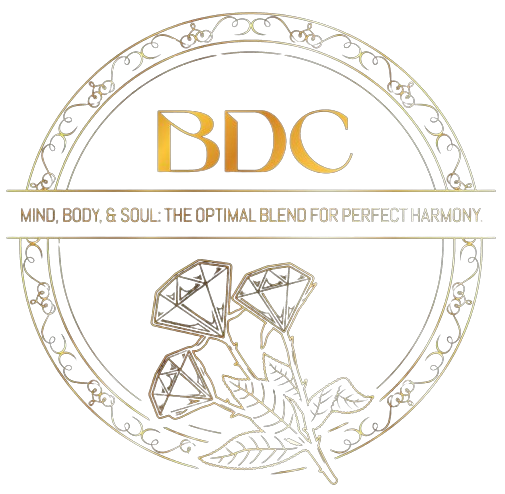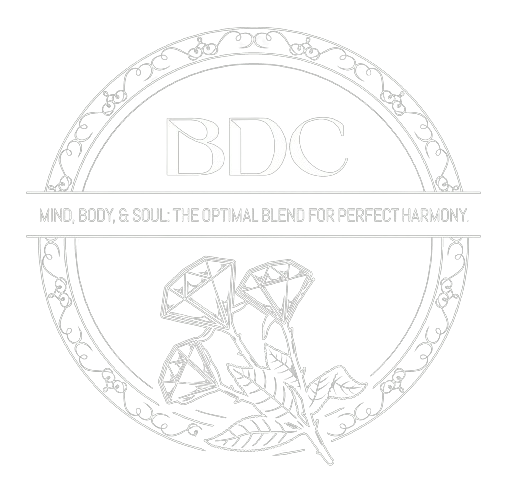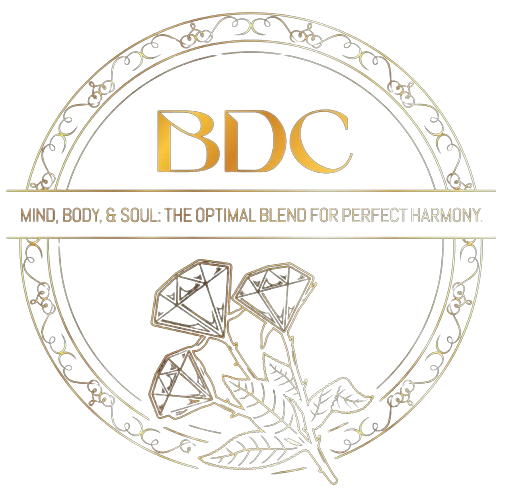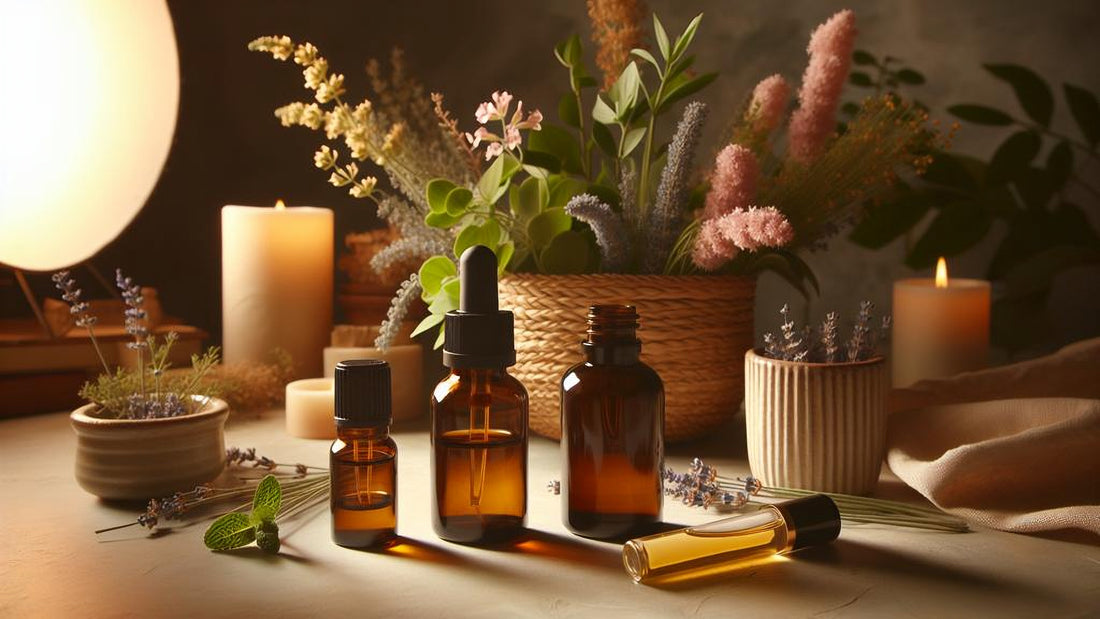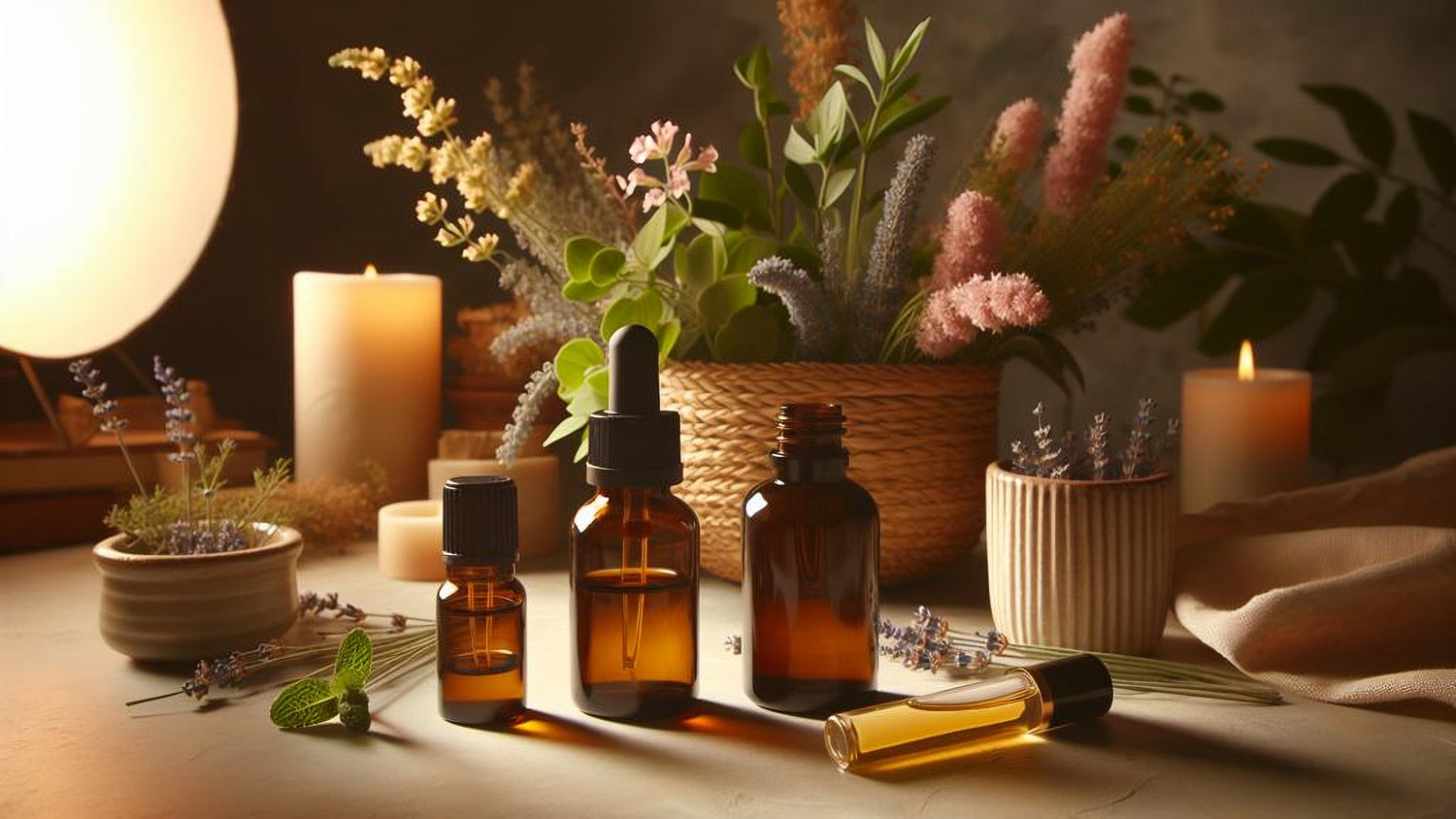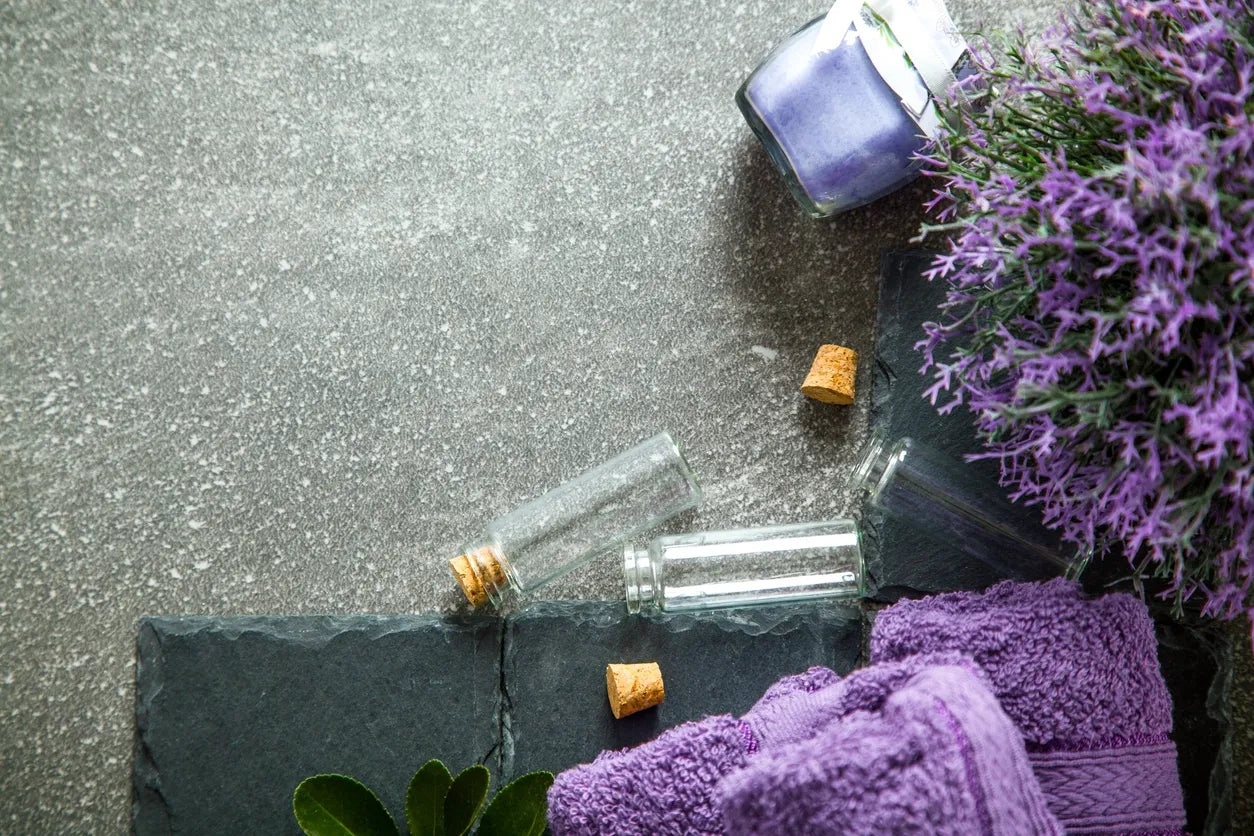The Aromatic Arsenal: A Guide to Storing Essential Oils
Essential oils, those fragrant plant extracts, are like tiny bottles of nature's magic. They can soothe, invigorate, and uplift our senses. But like any magic potion, they need to be handled with care. The shelf life of an essential oil depends on the type of oil it is and how it's stored.
Storing Your Aromatic Treasures
Proper storage is the key to preserving the potency and purity of your essential oils. Think of it as a cozy little hideaway where they can rest and rejuvenate.
- A Cool, Dark Place: Essential oils love the cool, dark embrace of a cabinet or drawer. Avoid direct sunlight, as it can degrade their delicate compounds.
- Away from Heat and Humidity: Extreme temperatures and moisture can accelerate their deterioration. So, keep them away from the kitchen, bathroom, and other humid areas.
- Tightly Sealed Dark Bottles: Ensure the caps are securely fastened to prevent evaporation and oxidation. Oxidation, which occurs with exposure to air, causes changes to the consistency and scent of the essential oils, which can diminish their therapeutic properties.
Shelf Life: When to Bid Adieu
While essential oils are known for their longevity, they do have a shelf life. Generally, unopened essential oils can last for several years. However, once opened, their lifespan shortens. As a rule of thumb, most essential oils can be used for about one to two years after opening. However, some, like citrus oils, may have a shorter shelf life due to their higher levels of volatile compounds.
To ensure optimal quality, pay attention to their scent. If it has significantly weakened or changed, it's time to say goodbye. By following these simple storage tips, you can prolong the life of your essential oils and continue to enjoy their many benefits.
